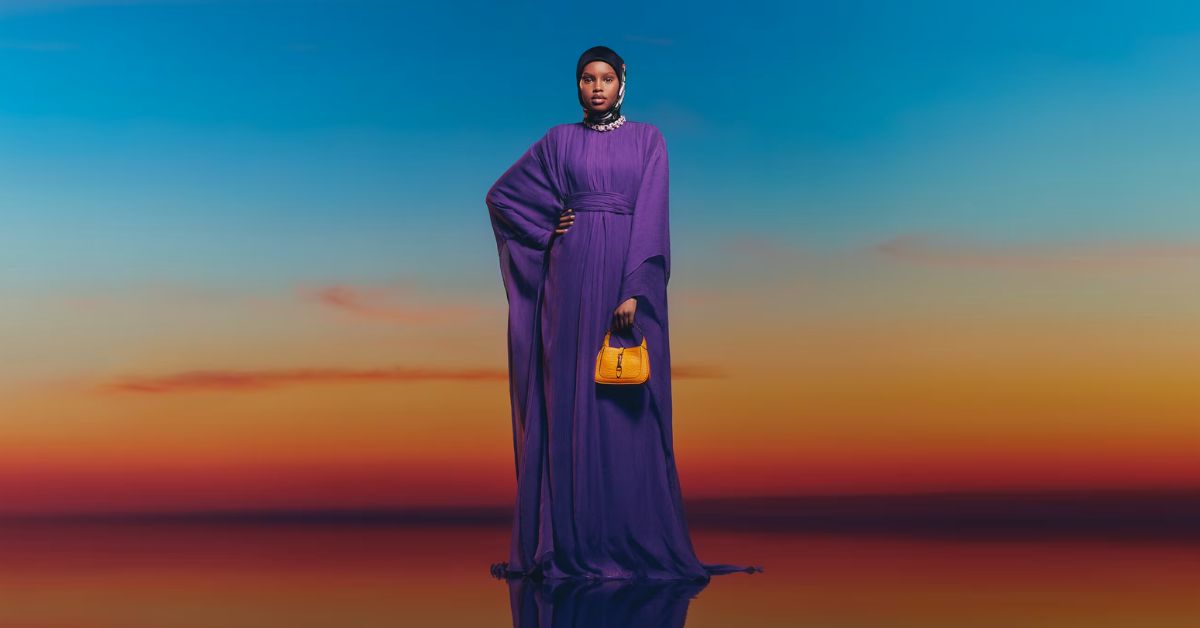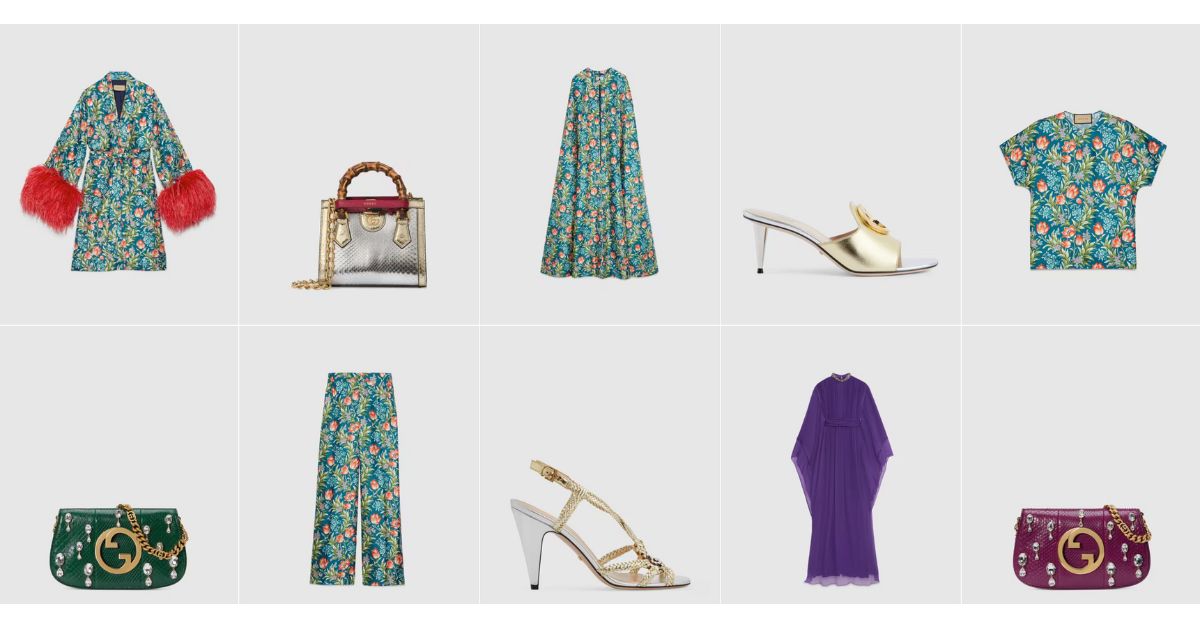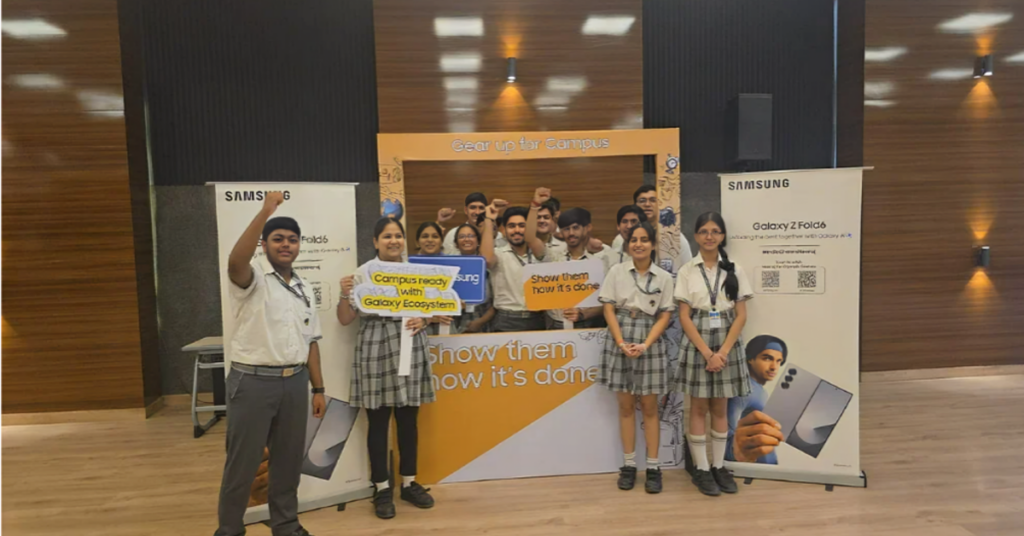With Eid celebrations around the corner, Western luxury fashion brands are targeting the Middle Eastern market with Ramadan capsule collections. Top brands like Versace and Louis Vuitton are showing their handbags, shoes, sunglasses, and clothing that vary between sober pastels, floral, and embroidered prints.
Not to be left behind, Gucci launched its 2023 Ramadan collection Nojum (stars), drawing inspiration from the night sky. The luxury brands have recognized and accepted Islam and the local culture. They have abayas and jalabiyas, Ramadan, and Eid collections in their windows.

Development in the Middle East
The emergence of luxury brands in the Middle East reflects the region’s development and the increasingly demanding consumers who are amongst the highest spenders in the world. According to the State of Fashion, 2023 survey released by The Business of Fashion and McKinsey, the Middle East may become a new haven of growth, requiring brands to further localize designs, marketing, and merchandizing to attract new customers.
Fashion executives agree that future growth is pegged to the return of international tourists and e-commerce acceleration, as well as brands doubling down on localization and personalization strategies. Patrick Chalhoub, CEO of Dubai-based luxury retailer and distributor Chablhoub Group, said the GCC is becoming an international business destination, but also an international tourist destination. He believes the fashion industry needs to make sure it maintains relevance for its local customers.
“Before 2020, two-thirds of luxury spending by GCC shoppers happened abroad because they weren’t getting the experience, service, choice or journey they wanted when shopping locally. We need to make sure that we do not decrease the amount they are buying outside the GCC, but Chablhoub increases the amount they are buying locally.”

Chablhoub believes localization is a key theme for global brands, with customers increasingly buying local brands. He outlined that there is a movement in the Middle East. The customers want to buy locally. Chablhoub said there has been a proliferation of local fashion designers, but they need continued development.
International brands like Chanel, Hermes, Louis Vuitton, Cartier and Tiffany have been working on local strategies to attract consumers in the region through collaborations, dedicated collections, and immersive events in iconic locations, such as Al-Ula in Saudi Arabia. Customers are mixing brands and products, as they don’t feel it necessarily to be dressed in one brand from head to toe.
Marketing in Ramadan
The brands have been marketing and reaching out to consumers in the month of Ramadan by referencing it as “the sacred season” or “special time of the year”. Others have been more creative using “starry skies” or “a thousand and one nights”.
Sofiane Si Merabet, the founder of the Dubai-based Karta cultural marketing group, pointed out the difficulty in balancing the growing commercialization of Ramadan and cultural appreciation. He said some brands rush in with all the clichés – the moon, camels, and women in the desert. Merabet explained that one can play with the rules but one should not forget the authenticity, rely on local communities and artists, and not go all hyper-commercialization.



